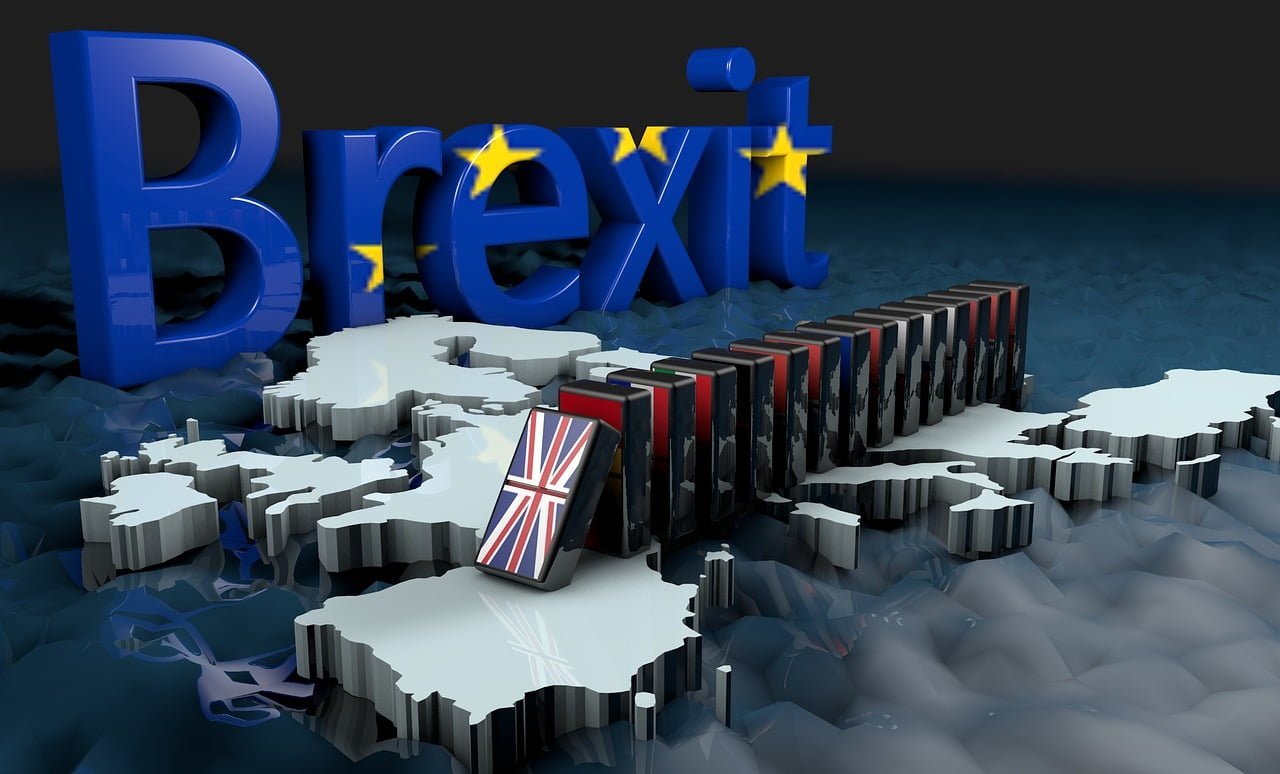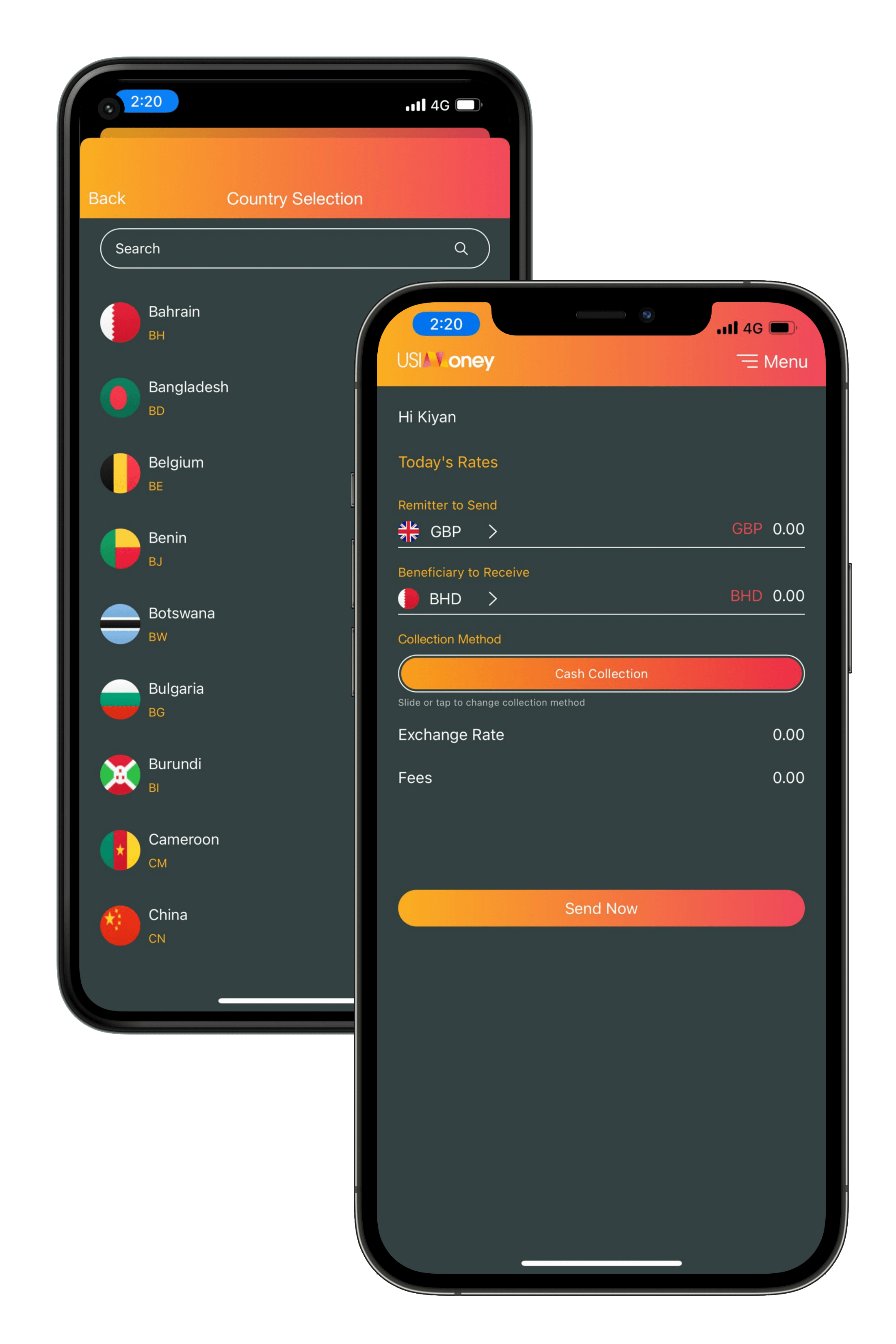
BoE governor, Mike Carney has indicated any interest rate increase this year is likely to be gradual. His comments prompted the pound to fall by nearly a cent against the dollar. BoE’s Monetary Policy Committee (MPC) sits in May to decide to vote for an interest rate rise. Investors and economists are predicting that the MPC will vote for a 0.25% increase at its May meeting.
Carney, however, has been cautious, and has called for data to be considered before the meeting: “We have had some mixed data… We’ll sit down calmly and look at it all in the round.” His reluctance to fuel the hype around rate rises and doveish stance stem from Brexit uncertainty. It remains to be seen what the three monthly economic growth figures reveal next week; if they are weaker than believed, then the chances on rate rise may lessen somewhat.
Speaking of Brexit uncertainty, the National Audit Office (NAO) have deemed that the Brexit ‘divorce bill’ is still uncertain and that future events will impact the final figure. The NAO seemed to give green light to the government estimated range of £35bn-£39bn calling it “reasonable”, but also pointed out that “relatively small changes” to the Sterling, inflation and so on, could increase or decrease the figure.
The government has agreed to pay into EU’s annual budget until December 2020 and honour its commitments. The figure, put forward by Chancellor Philip Hammond, although “reasonable”, is vulnerable to things such as the exchange rate at the time of settlement and not to forget, UK’s liability to contribute to EU pension scheme (what UK will have to pay may vary according to things such as salary increases/decreases and life-expectancy). The payments into EU’s pension pot are likely to continue until 2064, although the report by NAO says that the “vast majority” of payments will made by 2026. The only silver lining on this grey cloud is that UK will get its share of paid-in capital of £3.1bn, from the European Investment Bank from 2019.
